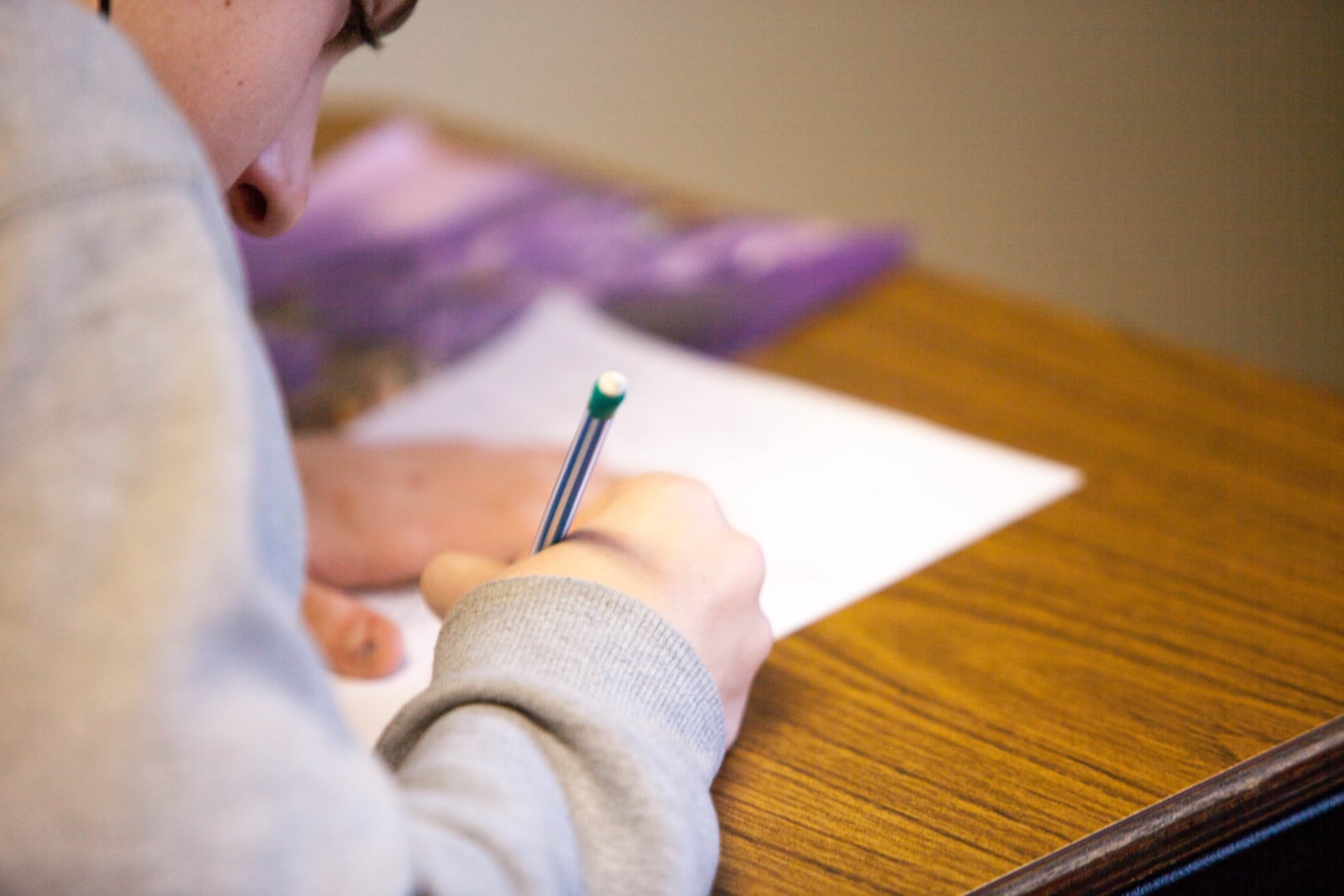
Tips to Reduce Stress During Finals Week
It’s the final hump all students have to get past before enjoying a well-deserved break. To find out when your exams are scheduled, check out your school’s schedule or speak with your professor. Students have a variety of study methods when it comes to preparing for finals, like using index cards to quiz themselves, writing chapter outlines, doing practice problems, or reviewing class notes. Some begin preparing days or weeks in advance, and others pull an all-nighter right before the test. No matter how you do it, a little bit of stress can always be expected around finals time. We’ve put together some study tips for finals to help reduce test-taking anxiety and manage stress.
Calculate the lowest grade you need to pass
Calculating the lowest grade you need to get on your final in order to maintain a passing grade in the class will take off some of the pressure. We don’t suggest you aim for the lowest score possible but do suggest that knowing how high you need to score can help you prioritize your studying time. If you can get away with a C on your English final but need a B+ on your college algebra final, then you’ll want to allot more of your time studying algebra than English. How you calculate the lowest-needed score depends on your professor’s grading system. If your professor uses a percentage weight grading scale, you would calculate your lowest-needed score like this:
Desired Grade = Exam Weight x Exam Score + (100% – Exam Weight) x Current Grade
Example: My current grade is 92%. My exam is worth 20% of my final grade. My desired grade in the class is 90%. To find out what exam score I need, I’d fill out the formula as follows:
90 = .20 x Exam Score + (1 – .2) x 92
Exam Score = 82%
I need at least 82% on my final to complete the class with a 90% (A) grade.
If you aren’t great with formulas, you can also use this handy grade calculator.
Start studying as early as possible
The earlier you begin to study, the more information you’ll be able to recall during the test. If you try cramming a semester’s worth of information into your brain the night before, you’ll show up to the exam stressed and tired — a toxic combination when it comes to memory recall and brain clarity. For a more effective study method, begin reviewing your class notes a week in advance. As the exam gets closer, about five days out, start more in-depth studying like flashcards and practice problems. Do this until you’ve reached one day before the exam. Since you’ve been studying for at least a week, you can take it easy the day before the exam. Go over your notes again and do some light studying, but don’t overexert yourself. This is a great time to let your brain rest and recuperate.
Stick to your regular schedule
It’s tempting during exam week to stay up later than usual in order to get in longer study sessions. However, it’s best that you stick to the sleep schedule you’re used to. About eight hours is the typical recommendation for a good night’s sleep. If you’re a night owl, studying in the evening might work better for you. If you’re a morning person, then you should try to study early in the day rather than waiting until nighttime. Keeping up with your regular routine will also help you combat stress by engaging in familiar activities. If you go to the gym twice a week or walk your dog every morning, do your best to keep up those habits even during finals week.
Maintain your nutrition
Eating a healthy and balanced diet benefits your brain. Foods with high levels of antioxidants, vitamins, and healthy fats fuel your brain during long study sessions. Consider packing snacks with you when you head to the library. Trail mix, fruits, and vegetables are good study snack options. Staying full while you study also prevents you from getting distracted by your hunger. The last thing you need while studying is a reason to procrastinate. One minute you’re studying, then your stomach growls, and the next minute you’ve decided a trip to Chipotle is needed. There goes 30 minutes or more of what could have been valuable study time. Eating before you study and having healthy snacks at hand will keep you focused.
Nuts are a good source of protein and healthy fats that fuel your brain. Dried fruits provide antioxidants that benefit overall health so you can manage your stress.
Keep things in perspective
Right before your exam, take three deep breaths. Remember that you’ve prepared for this, and all that’s left to do now is try your best. Grades are important, but they’re not everything. Getting a bad grade on a final doesn’t necessarily mean you’ll fail the class. Once you graduate, it’s unlikely that an employer will ask to see your transcript. Seeing that you have a degree is usually enough. Just focus on passing the class. If you’ve used our study tips and prepared to the best of your ability, there’s a good chance you’ll surprise yourself with a better grade than you expected!
Be sure to check out our other great blogs here!